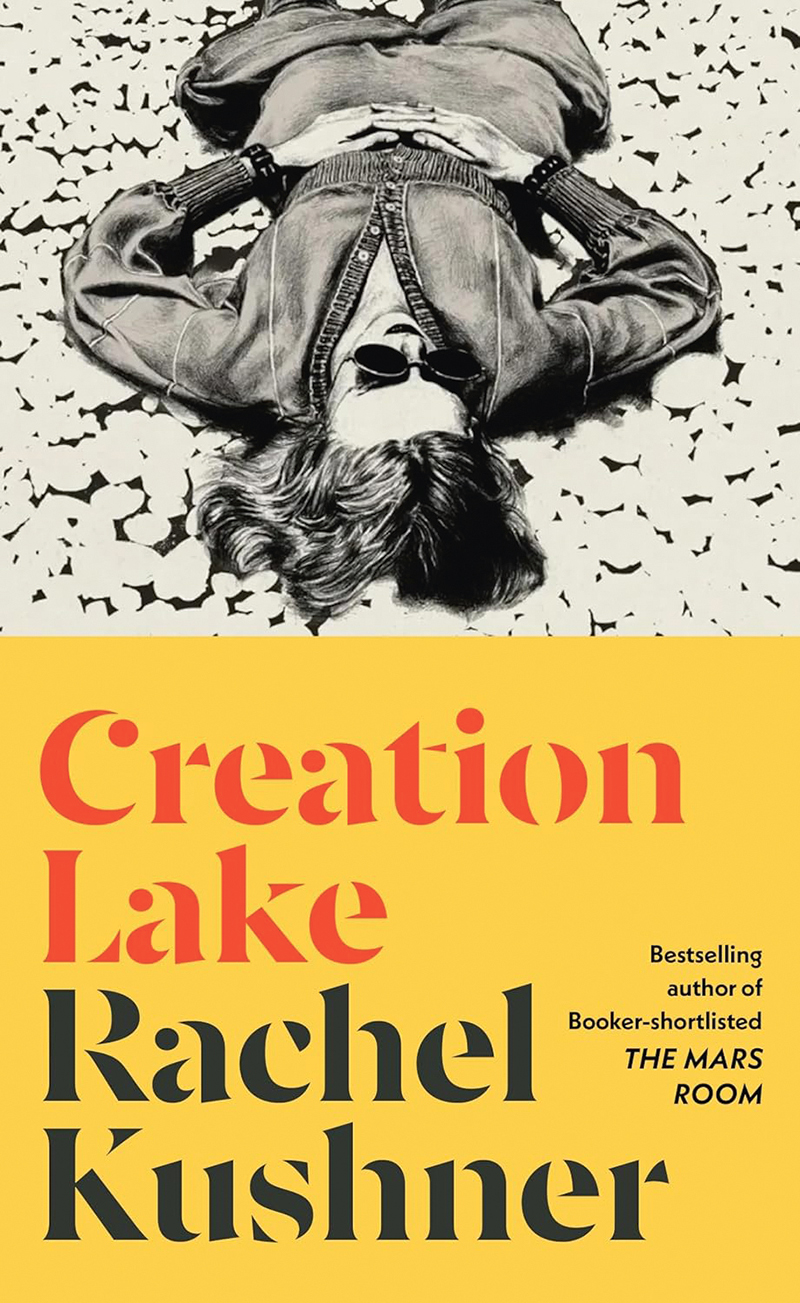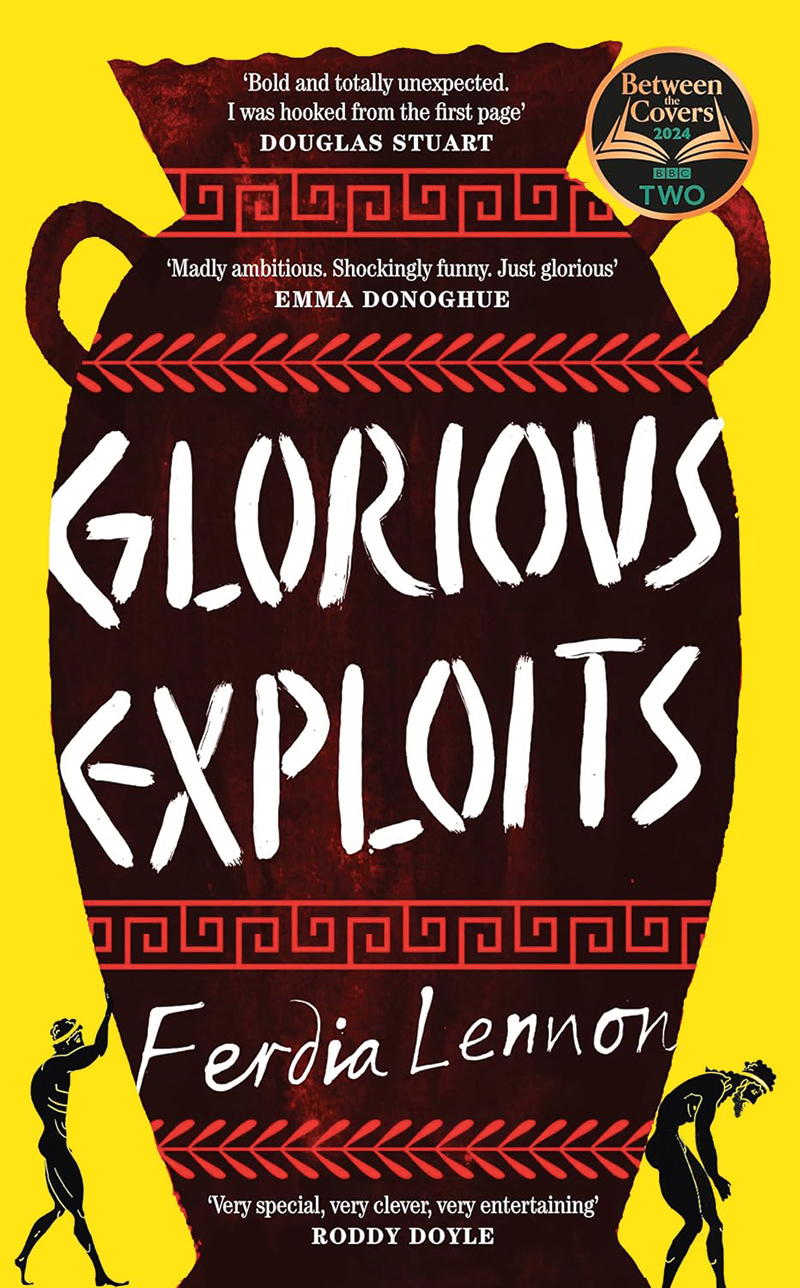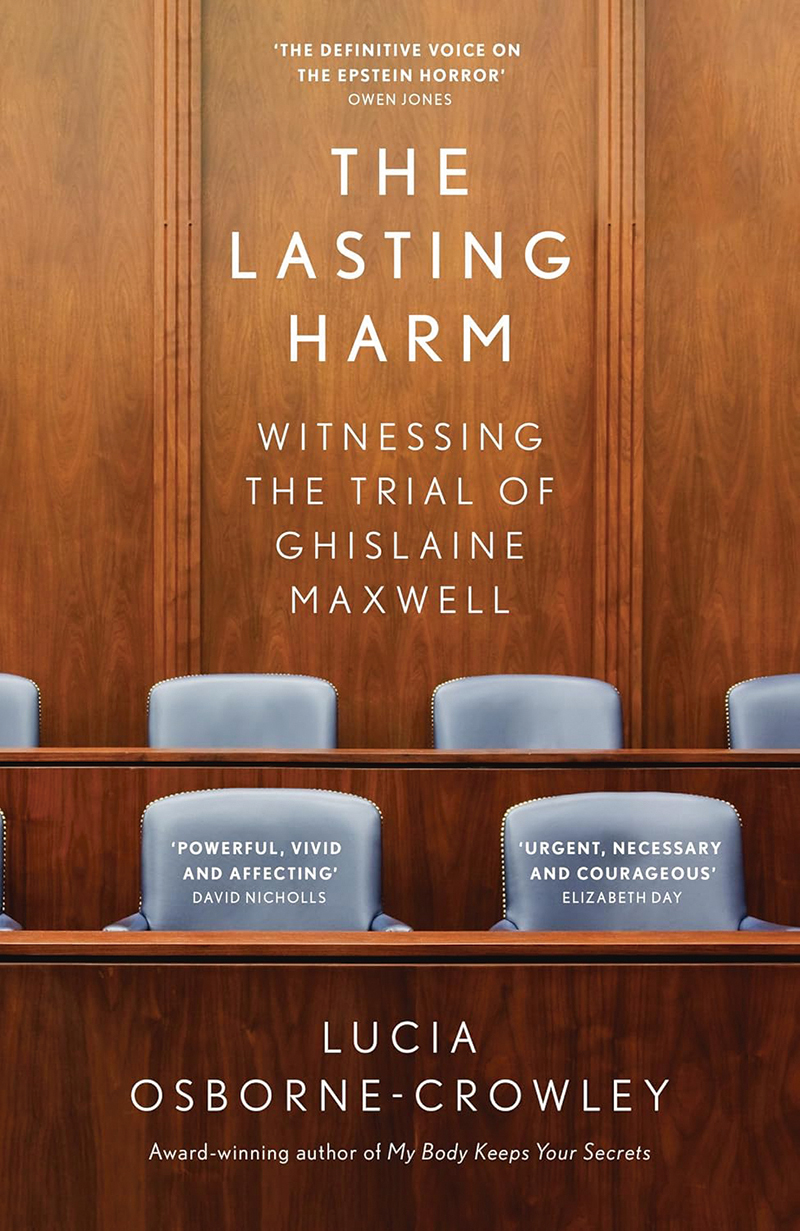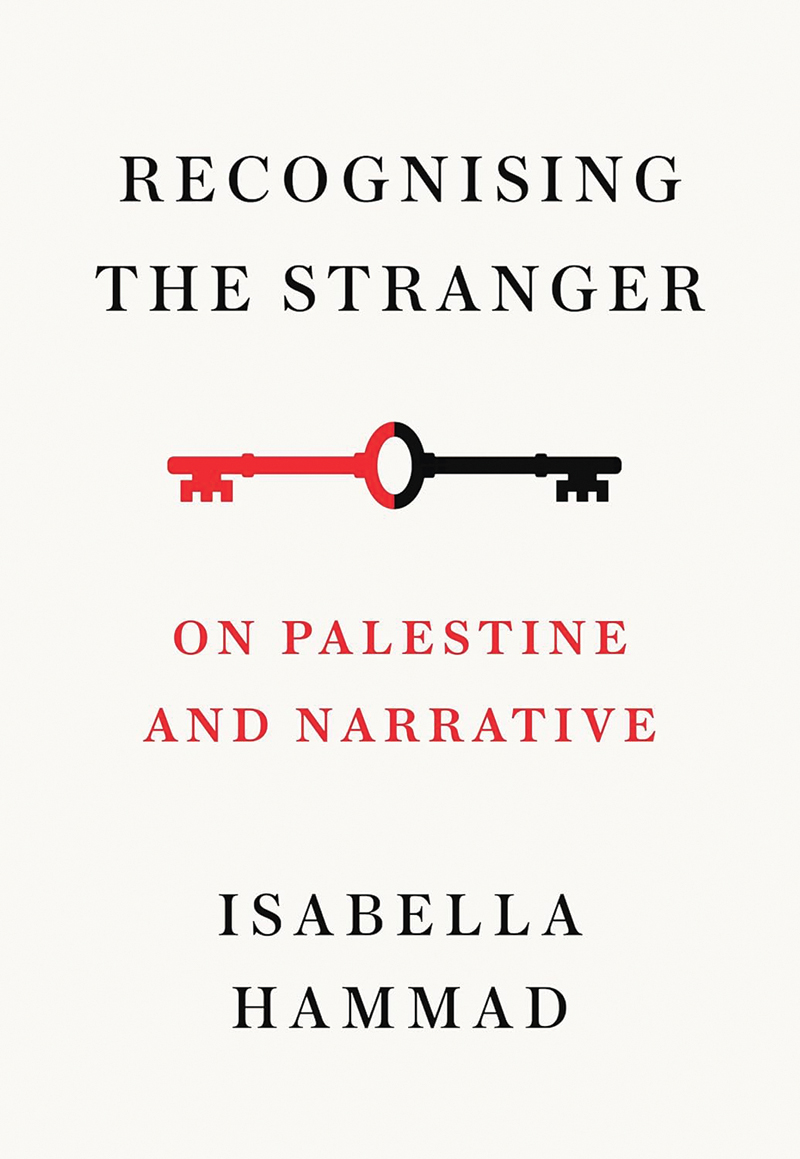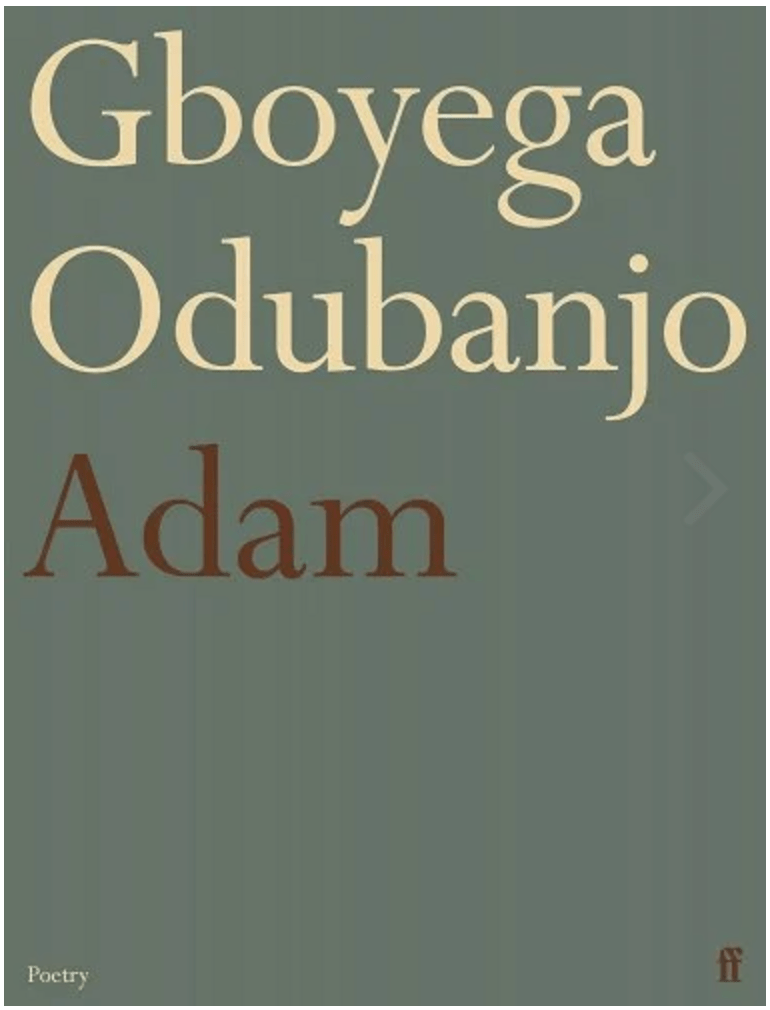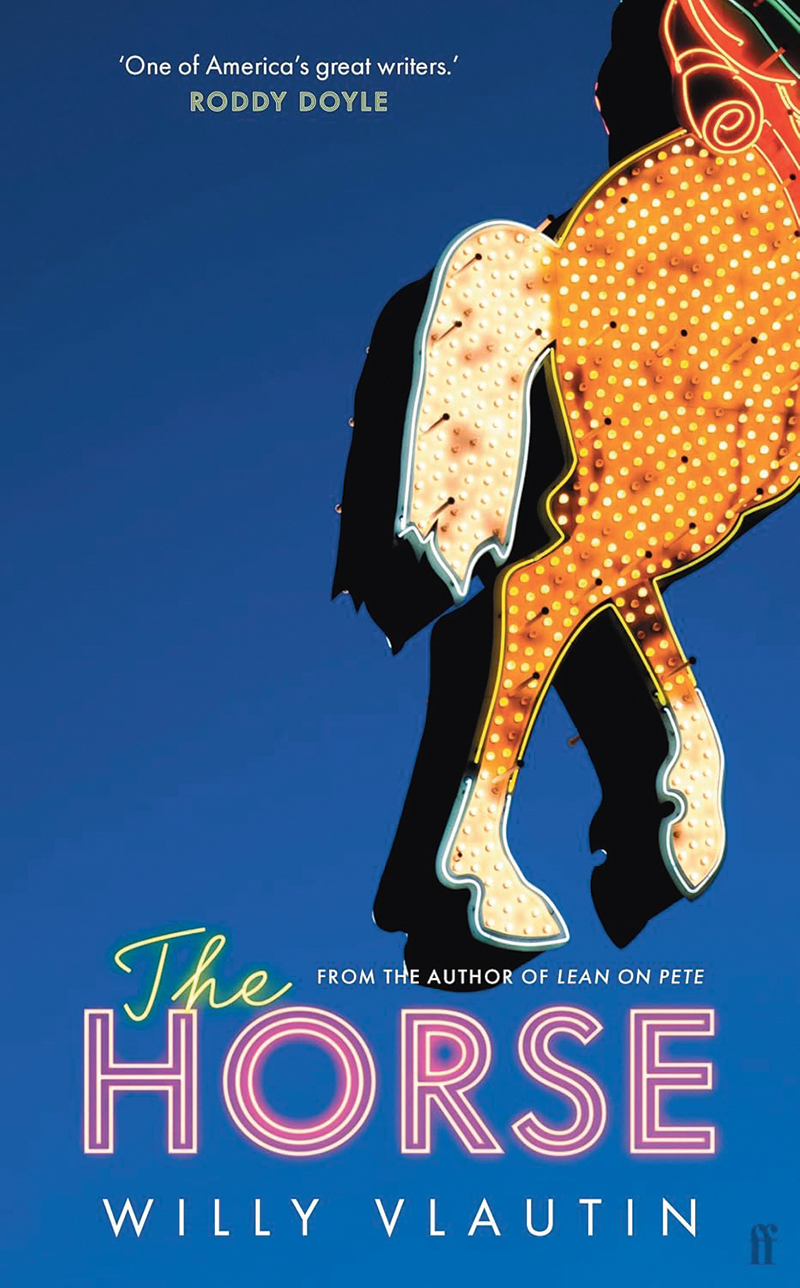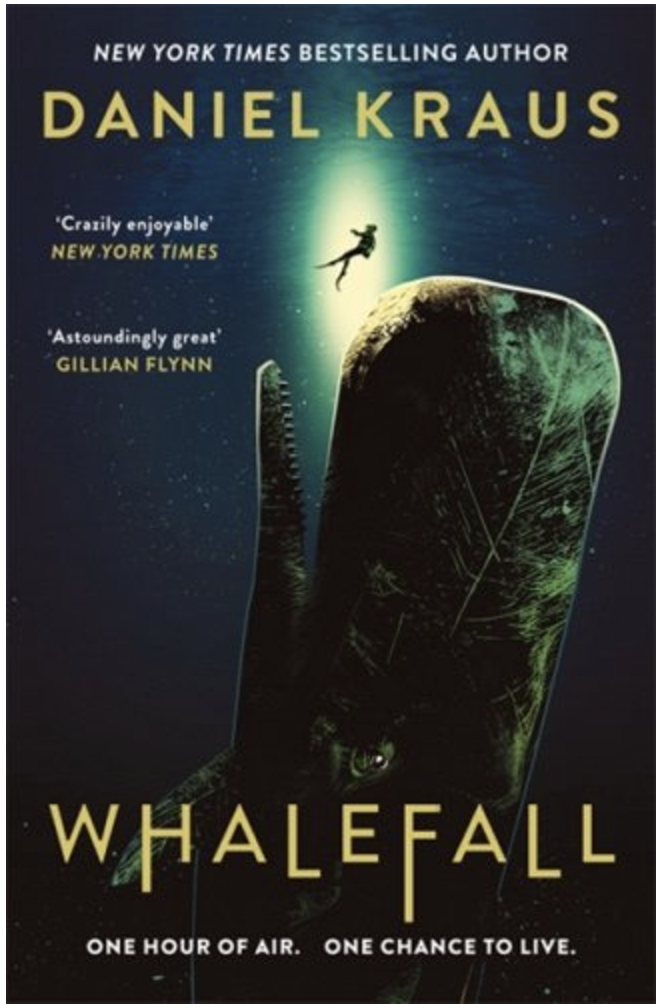While Big Issue’s book of the year 2024 goes to Our Evenings by Alan Hollinghurst, our critics have plenty more recommendations to keep you in reading material long into the new year
Barry Pierce
Surprisingly, it isn’t difficult to choose my favourite book of the year. From the very first page of Rachel Kushner’s Creation Lake (Vintage, £18.99) I knew I was dealing with something different. It is a book that didn’t hold me in utter contempt. Kushner, very obviously some kind of genius, wrote a book that was so openly intelligent, so openly knowing and playful that it felt like a complete revelation. Literary fiction is very obviously becoming more commercial, with mainstream publishers terrified of taking risks with books that could genuinely challenge a reader, so the fact that Kushner was able to come along, string a fairly convoluted tale and for it to then make its way to the Booker shortlist has filled me with some kind of hope, like when the Grinch’s heart grows just a tiny bit in size.
Patrick Maxwell
Glorious Exploitsby Ferdia Lennon (Penguin, £16.99) is no ordinary book with no ordinary humour. Yet its vivacious, intellectually engaged and acidly controlled bawdiness is a perfect read for this time of the year. Set during the Persian conquests of the Peloponnesian War in 412 BC, we are treated to as much tear-jerking renditions of Euripidean tragedy but a group of prisoners-of-war as we are to drunken scenes of violent pub invasions. Lennon is a brilliant new voice of limpid, knowing prose. His original first novel is as much worth your time as any learned history and provides all the postmodern in-jokes and highfalutin barbs you could wish for in a Christmas stocking.
Billie Walker
It feels strange to label Lucia Osborne-Crowley’s The Lasting Harm (HarperCollins, £22) in any annual list because the importance of its subject matter surpasses any given year. Writing from a trauma-informed perspective Osborne-Crowley documents her time reporting on the Ghislaine Maxwell case, with considered inserts from the victims of Jeffrey Epstein. For a work framed around a laborious trial which required arduous commitment on the author’s part, it is incredibly propulsive. Osborne-Crowley refuses to fall into the traps of conspiracy that have long circled this scandal, while still ensuring we are struck by the systemic silencing and oppression instigated by many different institutions and powerful individuals. Osborne-Crowley uses her personal experience to question our need for unbiased reportage, while deftly critiquing the way the justice system continues to fail victims and highlighting the long-term physical effects of sexual trauma. This isn’t a book of the year, it’s a book of the century.
Annie Hayter
The brilliant and uncompromising Recognising the Stranger: On Palestine and Narrative by Isabella Hammad (Vintage, £9.99). Her essays urge readers not to turn away from the injustice inflicted on Palestinians since the Nakba in 1948, but to recognise our own humanity in the process. Hammad honours resistance in this time of genocides.
Gboyega Odubanjo’s miraculous, mercurial poetry collection Adam (Faber & Faber, £12.99) is an uprising, reckoning with systemic and historic harm. Odubanjo’s poems mourn the discovery of the unidentified remains of a young black boy in the River Thames in 2001, while suggesting the many resurrections that stories can offer. His collection entwines Yoruba mythology with tales of Genesis, speaking to shimmering transformations amid the apocalypse. Gboyega’s death last year was an unspeakable loss. He was a lodestar; gorgeously irreverent and thoroughly decent. Published posthumously, and edited by Odubanjo’s friends and family, Adam visions all the possibilities that a community must hold.

